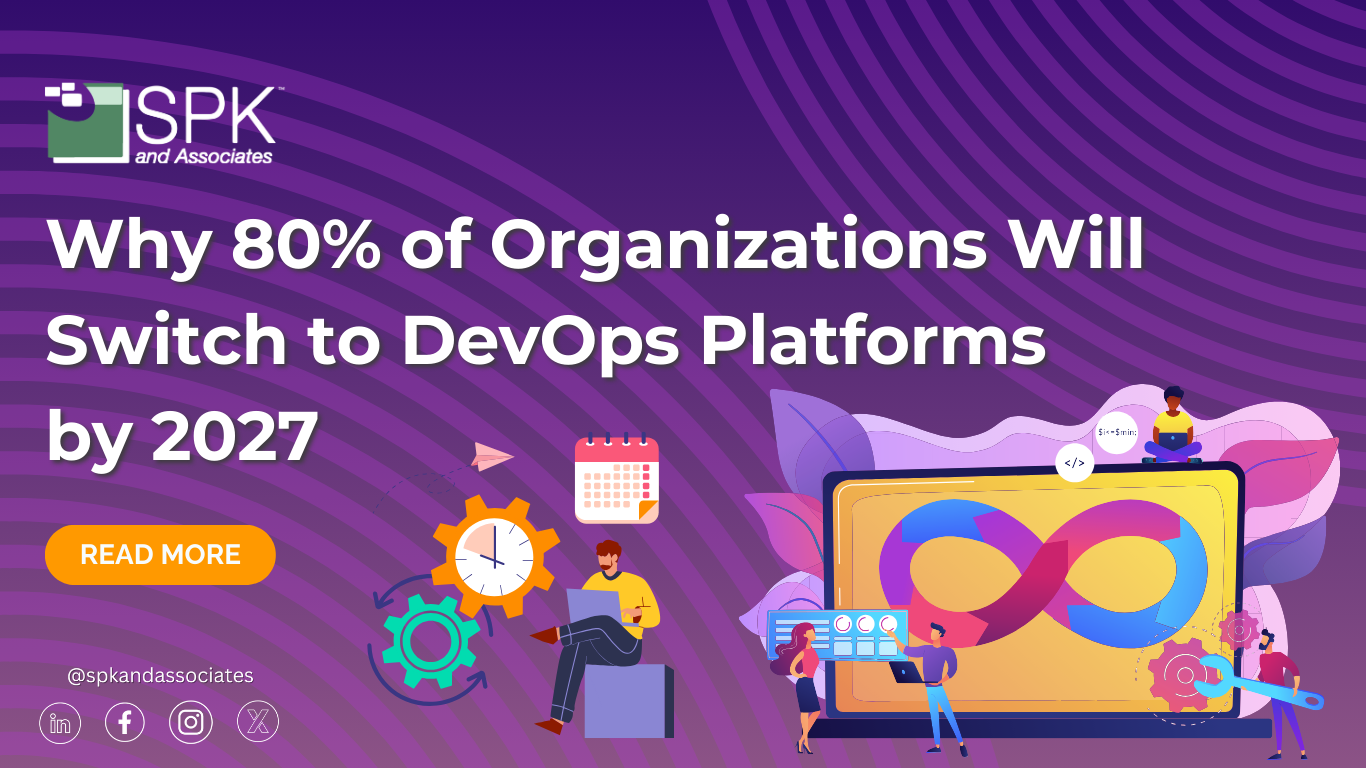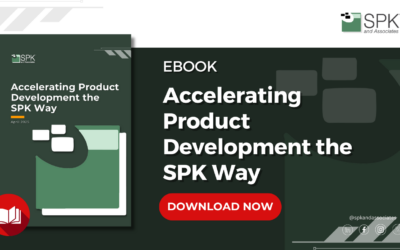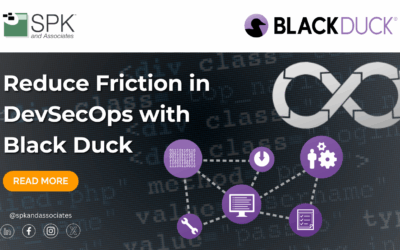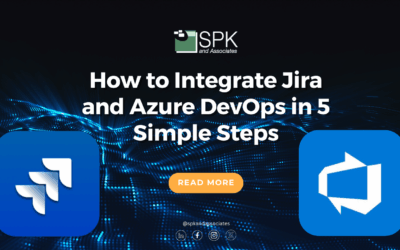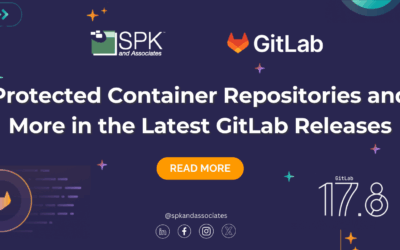The software development landscape is undergoing a shift. It is predicted that 80% of organizations are expected to transition to DevOps platforms by 2027. This is due to the desire to reduce complexity, streamline workflows, and accelerate value delivery. Explore why DevOps platforms are becoming essential and how tools like GitLab are helping organizations deliver better software, faster.
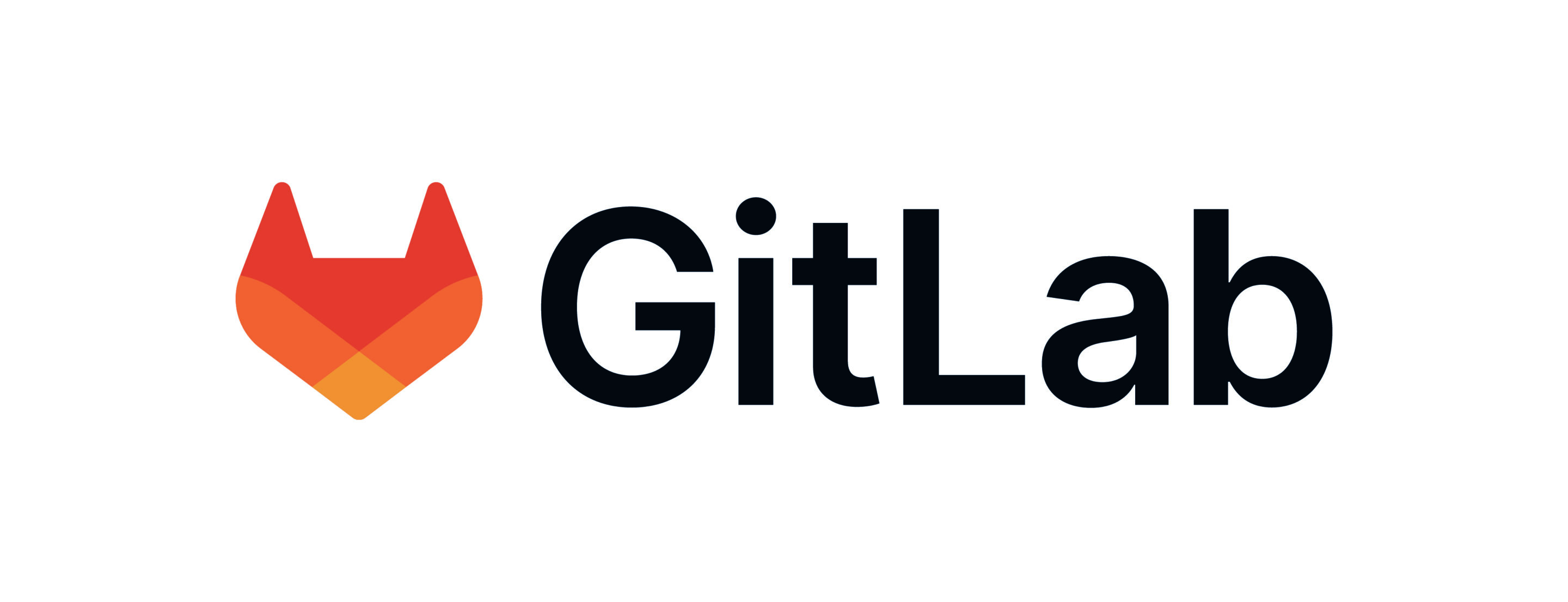
Why DevOps Platforms Are the Future
Gartner defines DevOps platforms as fully integrated solutions that enable continuous software delivery using Agile and DevOps practices. These platforms cover the entire software delivery lifecycle, from planning and coding to testing and release orchestration. Unlike fragmented toolchains, DevOps platforms provide a unified workflow. They integrate CI/CD pipelines, security, compliance, and observability. Additionally, they improve collaboration by encouraging teamwork between developers, operations, and security (known as DevSecOps). Furthermore, they provide end-to-end visibility which helps teams measure delivery metrics, identify bottlenecks, and accelerate feedback loops. Lastly, these platforms have combined multiple solutions into one tool, minimizing manual handoffs and maintenance costs. Overall, DevOps platforms improve developer productivity, reduce errors, and enable organizations to quickly deliver high-quality software.
GitLab: A Leader in DevOps Platforms
For the second year in a row, GitLab has been named a leader in Gartner’s 2024 Magic Quadrant for DevOps Platforms. GitLab not only ranks highest in “Ability to Execute” but also leads in “Completeness of Vision.” These category wins reflect its unique value proposition as an all-in-one DevSecOps platform. By offering a single solution for the entire DevOps lifecycle, GitLab eliminates the need for complex integrations or fragmented toolchains.
Key Strengths of GitLab
- Built-in Security: With a focus on DevSecOps, GitLab provides native security capabilities, including automated testing, vulnerability scanning, and compliance reporting.
- Comprehensive Lifecycle Coverage: From planning and source code management to CI/CD, observability, and incident management, GitLab’s platform covers every stage of software delivery.
- Customer Satisfaction: GitLab boasts a 92% recommendation rate on Gartner Peer Insights, with users praising its all-in-one platform and commitment to customer success.
- Innovation with AI: GitLab integrates generative AI capabilities, such as GitLab Duo, to enhance developer productivity, optimize testing, and improve security detection.
GitLab vs. GitHub: Understanding the Differences
While both GitLab and Microsoft’s GitHub are leaders in the DevOps platform space, they offer unique approaches and capabilities. Here’s a brief comparison:
Choosing the Right Platform
Both platforms have strengths tailored to specific needs. While GitHub is a good option for organizations deeply embedded in Microsoft’s ecosystem, Microsoft also offers its Azure DevOps platform. It seems that Microsoft’s main focus is currently GitHub, however, the platforms have some differing capabilities. GitLab stands out as a comprehensive choice for businesses seeking an end-to-end DevSecOps solution. As an all-in-one solution with integrated security, value stream visibility, and AI-driven capabilities, it is hard to beat.
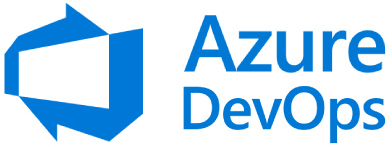
Why Organizations Are Adopting GitLab
In addition to GitLab eliminating the need to manage multiple tools and integrations, its automated compliance reporting helps organizations meet regulatory requirements without slowing down development. Furthermore, it is a scalable solution that meets the needs of teams across industries, from startups to enterprises. The DevSecOps platform also improves efficiency and productivity by accelerating delivery cycles, while ensuring security across all pipelines.
The Future of DevOps with GitLab
The shift to DevOps platforms represents the next evolution in software delivery and GitLab is uniquely positioned to help organizations navigate this transformation. Its unified DevSecOps platform provides end-to-end capabilities to empower teams to build and deliver the software of tomorrow. Whether you’re modernizing toolchains, improving developer experience, or scaling DevOps practices, GitLab delivers the security and innovation you need to stay ahead. Discover how GitLab can transform your software delivery by contacting us today.


